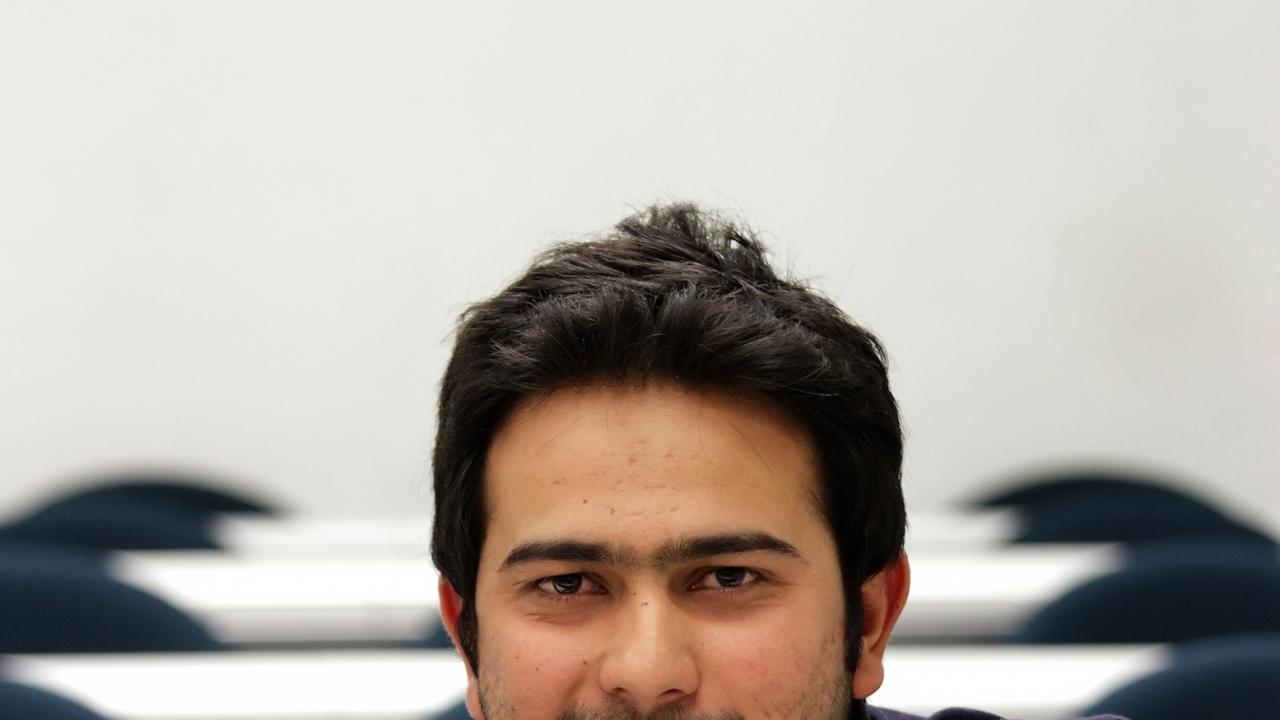
It's one thing to pursue a career as a pure academic, but many people instead thrive under the ever-present pressure of the working world. Khurram Aslam, an earth systems physics diploma student from Pakistan, is one such person.
It was not until he got his job at Landmark, a multinational petroleum industry services company, that he realized he could dedicate his life to physics. "If people are giving you salary, they will not give you things for granted," said Aslam. "You have to think and explain; you have to describe what you are doing." Since finding his niche in the private sector, Aslam discovered that it is important to have a career he enjoys, but he needed to further his education first. If you do something that interests you for a living, he says, your work will not just be a burden you bear to survive.
Before his employment at Landmark, Aslam had earned a degree in geophysics from Quaid e Azam University in Islamabad, Pakistan, a programme he said he was lucky to get into because there was only one spot available at the time. After graduating and getting his job at Landmark, a colleague introduced Aslam to the next step in his career. His colleague told him to attend the earth systems physics programme at ICTP and that it could be a good direction for his career.
Aslam's current work is on better understanding of earthquake phases that are present just before actual earthquakes. He's using simulations of the spring slider model -- which looks at the force of earthquakes similarly to a spring forced up against the surface, loading up with potential energy, until a plate suddenly slides. "The slider is stuck," said Aslam, "but the slider is almost all the time loading, except in the phase when an earthquake comes to release that load." Through these models, he's looking for any correlations in the earth's movements just before a quake strikes.
Pakistan has suffered from a number of earthquakes in recent history, including a quake that measured about 7.6 on the Richter scale, and killed about 80,000 people while leaving millions of others homeless. Pakistan is also a country that has many inconveniences that can hinder scientific work -- for example, citizens only have access to electricity about 16 to 18 hours a day, Aslam said.
Aslam wants to accomplish much more in the earthquake science field before returning to Pakistan, and to that end he has been admitted to doctoral studies at the University of Houston in the United States. After he earns his doctorate degree, he plans to help his country by returning to the working world and raising awareness about this kind of science so that future generations of Pakistanis will suffer less. "It's because of my country that I came here," said Aslam.
















